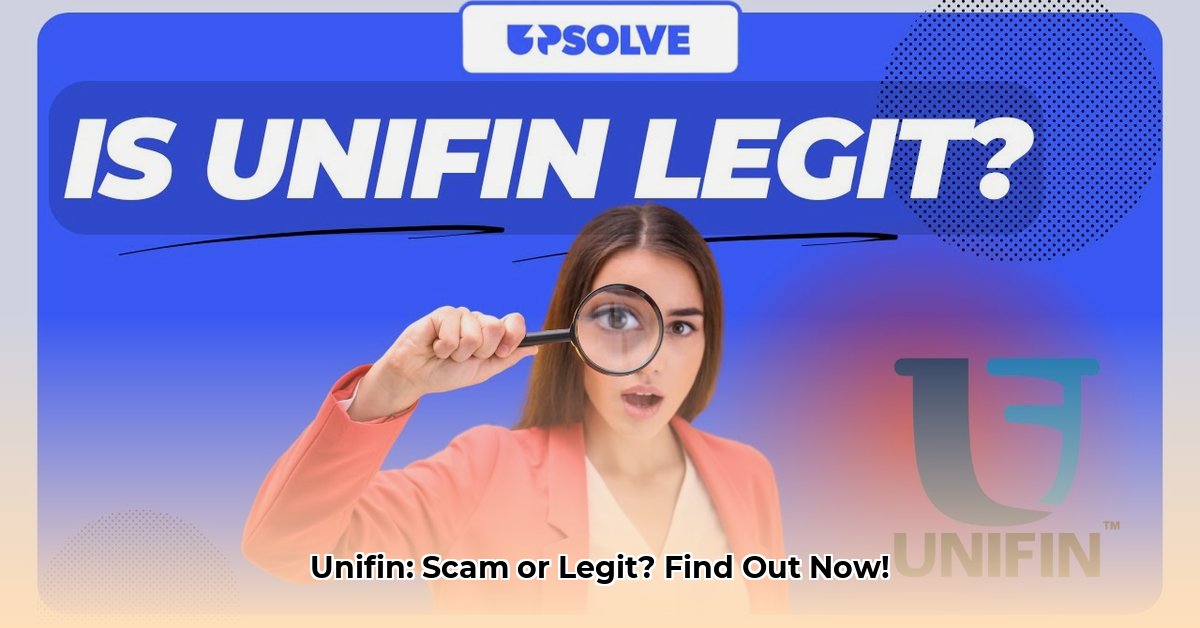
Is Unifin a Legitimate Debt Collector? Understanding the Risks
Unifin is a debt collection agency, but numerous complaints allege questionable practices, including violations of the Fair Debt Collection Practices Act (FDCPA). These complaints cite aggressive tactics, disputes over debt validity, and instances of apparent fraud. While Unifin itself is a legitimate entity, the high volume of consumer complaints raises serious concerns about their operational methods. Many consumers report receiving threatening communications, calls outside permitted hours, and demands for payment on debts they dispute. Is this consistent with a legitimate debt collection agency? The evidence suggests a significant risk of encountering unethical or illegal activity.
Understanding Your Rights and The Legal Landscape
The Fair Debt Collection Practices Act (FDCPA) protects consumers from abusive debt collection practices. This act dictates how debt collectors can contact you, what information they can request, and the overall nature of their interactions. Government agencies like the Federal Trade Commission (FTC) and the Consumer Financial Protection Bureau (CFPB) are responsible for enforcing the FDCPA and investigating complaints against debt collectors. Knowing your rights under the FDCPA is crucial for protecting yourself from illegal debt collection tactics.
Identifying Unifin Scams: Is That Message Real?
Scammers frequently impersonate Unifin to defraud consumers. Here’s how to distinguish legitimate Unifin communications from fraudulent attempts:
Is That Unifin Communication Real? A Quick Checklist:
- Immediate Payment Demand?: Legitimate collectors rarely demand immediate payment without first verifying the debt. (RED FLAG)
- Abusive or Threatening Language?: Threats, insults, or aggressive language are illegal. (RED FLAG)
- Requests for Personal Information?: Never share sensitive details (bank account numbers, social security number) unless you've independently verified the debt. (RED FLAG)
- Unverifiable Contact Information?: Can you easily verify the phone number or email address on Unifin's official website? (Important Step)
- Missing Debt Verification?: Have you received written proof of the debt from Unifin or the original creditor? (Important Step)
If ANY red flags appear, DO NOT respond. Report the message immediately.
How to Handle Legitimate Unifin Contact (If You Believe It Is Real)
If you believe the contact is legitimate, proceed cautiously:
- Verify the Debt: Contact the original creditor independently to confirm the debt, amount, and details.
- Request Written Verification: Under the FDCPA, request written verification of the debt. Keep a copy.
- Communicate in Writing: Emails provide a verifiable record of correspondence.
- Protect Your Personal Information: Only provide necessary information through verified channels.
- Dispute Incorrect Information: Formally dispute any incorrect or already-paid debts in writing.
Reporting Unifin Scams and Protecting Yourself
Reporting suspected scams protects yourself and others. Follow these steps:
- Federal Trade Commission (FTC): File a complaint at ReportFraud.ftc.gov.
- Consumer Financial Protection Bureau (CFPB): Report the scam at consumerfinance.gov.
- Your State Attorney General's Office: Find your state's AG office online and file a complaint.
Remember, proactive vigilance and knowledge of your rights are critical. Always verify independently before taking action. This comprehensive approach protects you from potentially harmful and illegal debt collection practices.